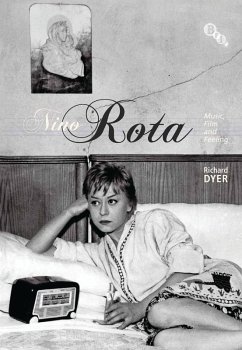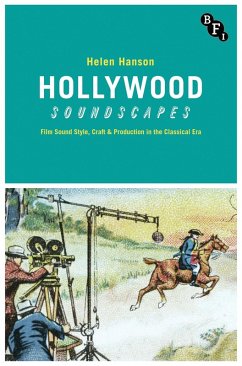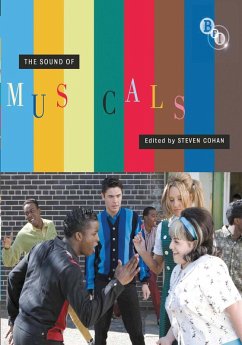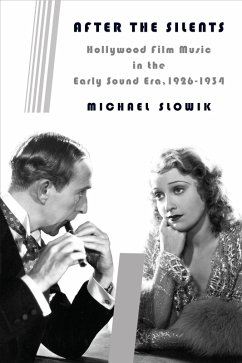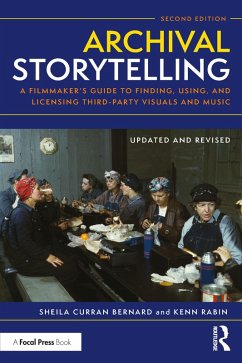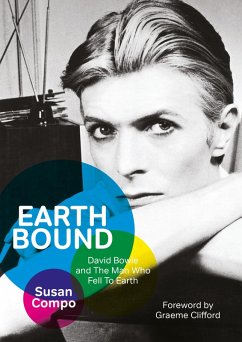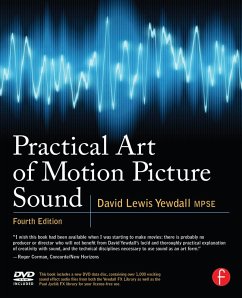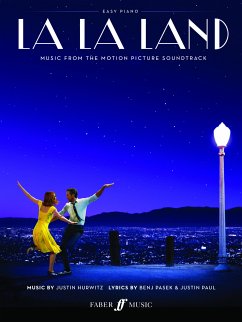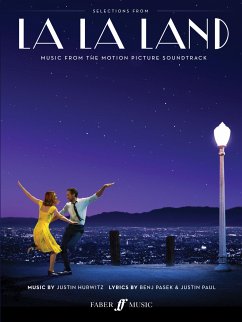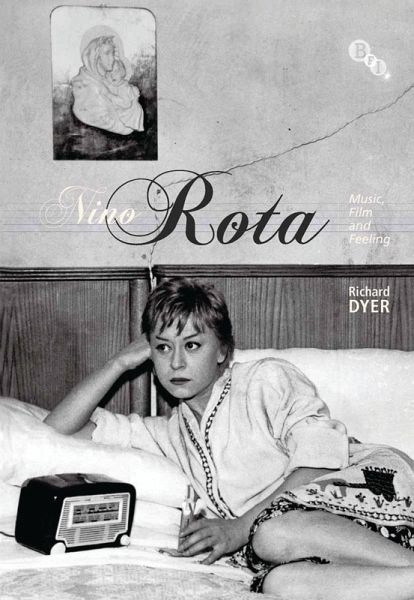
Nino Rota (eBook, ePUB)
Music, Film and Feeling

PAYBACK Punkte
13 °P sammeln!
Nino Rota is one of the most important composers in the history of cinema. Both popular and prolific, he wrote some of the most cherished and memorable of all film music - for The Godfather Parts I and II, The Leopard, the Zeffirelli Shakespeares, nearly all of Fellini and for more than 140 popular Italian movies. Yet his music does not quite work in the way that we have come to assume music in film works: it does not seek to draw us in and identify, nor to overwhelm and excite us. In itself, in its pretty but reticent melodies, its at once comic and touching rhythms, and in its relation to wh...
Nino Rota is one of the most important composers in the history of cinema. Both popular and prolific, he wrote some of the most cherished and memorable of all film music - for The Godfather Parts I and II, The Leopard, the Zeffirelli Shakespeares, nearly all of Fellini and for more than 140 popular Italian movies. Yet his music does not quite work in the way that we have come to assume music in film works: it does not seek to draw us in and identify, nor to overwhelm and excite us. In itself, in its pretty but reticent melodies, its at once comic and touching rhythms, and in its relation to what's on screen, Rota's music is close and affectionate towards characters and events but still restrained, not detached but ironically attached. In this major new study of Rota's film career, Richard Dyer gives a detailed account of Rota's aesthetic, suggesting it offers a new approach to how we understand both film music and feeling and film more broadly. He also provides a first full account in English of Rota's life and work, linking it to notions of plagiarism and pastiche, genre and convention, irony and narrative. Rota's practice is related to some of the major ways music is used in film, including the motif, musical reference, underscoring and the difference between diegetic and non-diegetic music, revealing how Rota both conforms to and undermines standard conceptions. In addition, Dyer considers the issue of gay cultural production, Rota's favourte genre, comedy, and his productive collaboration with the director Federico Fellini.




